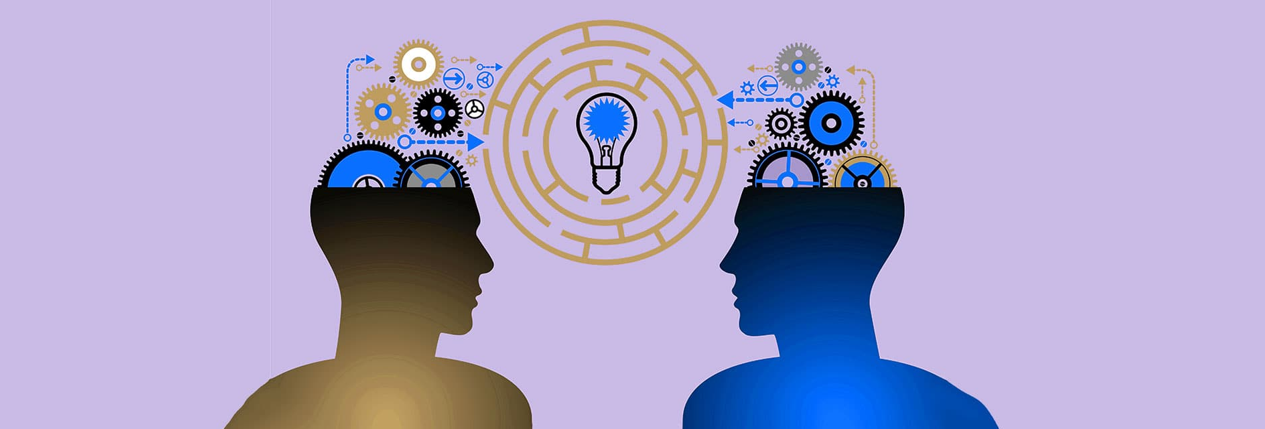Critical Thinking Skills

Nikita Rai | Oct. 11, 2020, 11 a.m.

What is Critical Thinking?
According to the American Philosophical Association Delphi Consensus, Critical Thinking is the process of purposeful, self-regulatory judgment. This process gives reasoned consideration to evidence, context, conceptualization, methods, and criteria. In simpler words, Critical Thinking is the analysis of a situation, and the facts related to it without being influenced by any personal opinions or biases. The process involves logic, reason, information, and a conclusion. Be it a business-related or any other situation, Critical Thinking helps you in deciding the right direction because it involves logic, evidence, judgment, and clarity.
If you are a young entrepreneur or you have a startup of your own, Critical Thinking will help you in making informed and unbiased decisions. It is a human tendency to go along with the things that look favorable initially. This often results in biased decisions that ultimately prove to be detrimental to our business, or as a whole to our purpose. To avoid such conditions, minding certain factors while making decisions is salient.
5 Significant Critical Thinking Skills:
While there are no restricted skills for critical thinking, here are 5 important skills that you should work on if you want to make logical and informed decisions through critical thinking.

Image from Monash University
Identifying- The most fundamental step before solving a problem is identifying the problem. Identifying, here, doesn't only mean knowing that a problem exists but it also means identifying the origin and nature of the problem. We cannot find a solution to a problem without knowing the root cause of it. So, whenever you feel that there is a problem arising or that might arise in any of your business ideas or principle, be sure that you know the origin and nature of the problem before trying to solve it. This will ensure clarity and will save your efforts from getting applied in a vague direction.
Analyzing- Once you know what the problem is, the next step is analyzing the collected data and the drawn facts. This involves conceptualization and synthesizing to conclude to find a potential solution. Here, the problem is broken into smaller parts to make it simpler to analyze and reach individual conclusions before drawing the final one. One important factor here is the involvement of the entire team to come up with the best possible solution. Another factor here is that you must be able to differentiate between inferences and facts to avoid biases in your decisions.
Reflecting- Your team will likely reach more than one conclusion and that will result in multiple solutions to the same problem. Here comes the role of reflecting each of the conclusions. You must be able to question the ideas and assumptions involved by you and others as well. Analyze each option carefully, take your ultimate purpose into account, see the complexity involved in the solution and whether your team will be able to overcome that, understand the demands of your field, and draw a conclusion.
Evaluating- Once you have applied the selected solution, the job is not over yet. Remember that business involves many trials and errors, and these are the building blocks of entrepreneurial insights. Keep evaluating how the solution is performing and whether it is taking your business in the right direction. If yes, then keep a regular check over it to see if there is room for improvement. If no, you might want to modify the solution in the areas where it is lacking, or you might change the strategy if it is not helping at all.
Reasoning- If critical thinking is the point of discussion, the significance of reasoning cannot be ignored. It is a skill that primarily focusses on logic and intellect. It is about deducting logical facts by using inferences and assumptions. Hence, it plays a key role in all the four skills, be it identifying, analyzing, reflecting, or evaluating.
So, this was about a set of 5 skills that help in becoming a better critical thinker. But these are essentially not the only ones. One can discover many such skills over time, and all these skills are interconnected somehow. For example, here is another set of such skills:

Image from Margari Aziza
Seeing this example, we can conclude that the cycle might differ but the ultimate purpose remains the same, and that is to make informed and logical decisions without being influenced by any biases or opinions.
Header Image from Aventis Learning Group
Opening Image from Global Digital Citizen Foundation
Blogger's Social Media Handles:
Linkedin | Instagram


